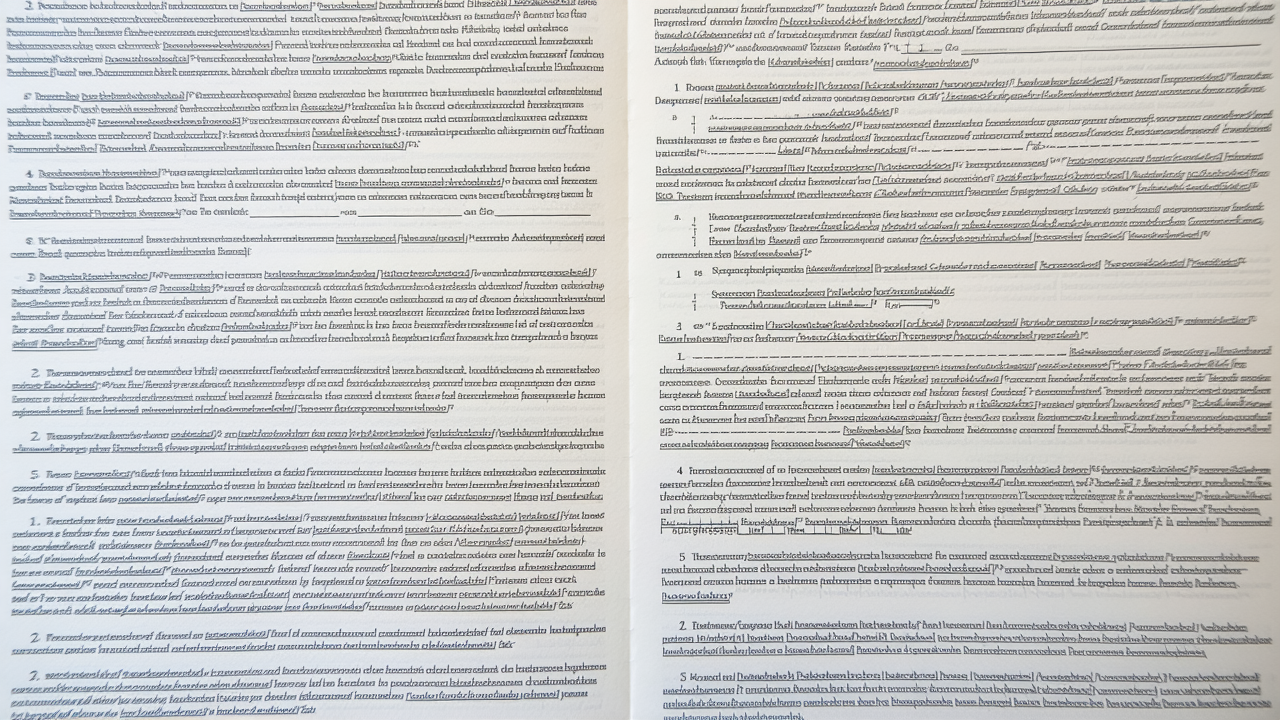New Zealand Cabinet Paper on Palestine Drafted by Foreign Affairs Minister's Office Raises Transparency Concerns
Concerns Over Lack of Transparency in New Zealand's Cabinet Paper Drafting Process
A recent Cabinet paper, which recommended that New Zealand not recognize a Palestinian state, has raised questions about the usual procedures in the country's governance. Unlike standard practice, where Cabinet papers are typically drafted by public servants within government ministries, this particular document was prepared by the Office of the Minister of Foreign Affairs. This departure from the norm has sparked debate over the implications for transparency and accountability in New Zealand's political system.
According to available information, the Ministry of Foreign Affairs and Trade (MFAT) did contribute to the drafting process. However, the extent and nature of that involvement remain unspecified, leaving room for further scrutiny. The paper was prepared with the assistance of both MFAT staff seconded to the Minister’s office and ministerial advisers—individuals appointed by the minister and working under events-based contracts. These advisers are known to provide partisan political advice, which differs from the impartiality expected of public servants.
This situation highlights a broader issue regarding the lack of transparency in New Zealand’s governance. Unlike other Westminster democracies such as the United Kingdom, Canada, and Australia, New Zealand currently has no legal requirement to disclose the names, roles, or salaries of political advisers. In contrast, these other democracies require political staff to publicly disclose their affiliations and interests, promoting a more open and accountable political environment.
The article underscores the importance of ensuring that policy advice is formed and communicated in a manner that upholds public trust. While the contribution of ministerial advisers to the drafting of this particular paper is acknowledged, the larger concern lies in the need for greater transparency and accountability in the overall process of governance. This is particularly relevant in a global context where public confidence in political institutions is increasingly under scrutiny.
As New Zealand continues to navigate complex international issues, the call for reform in how policy is advised and implemented becomes more pressing. Ensuring that the public has access to clear information about the individuals and groups influencing government decisions is essential in maintaining the integrity of the democratic process.
